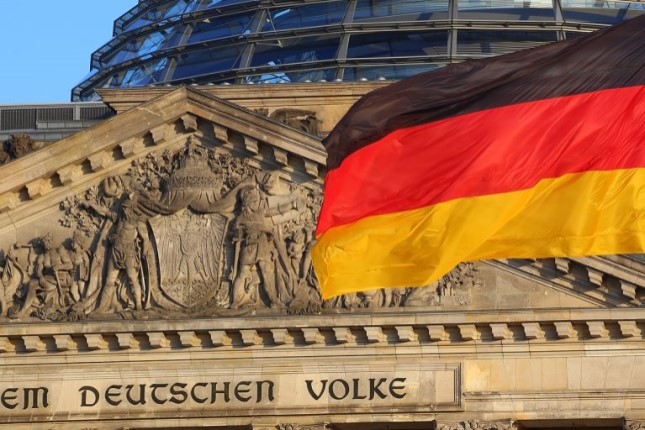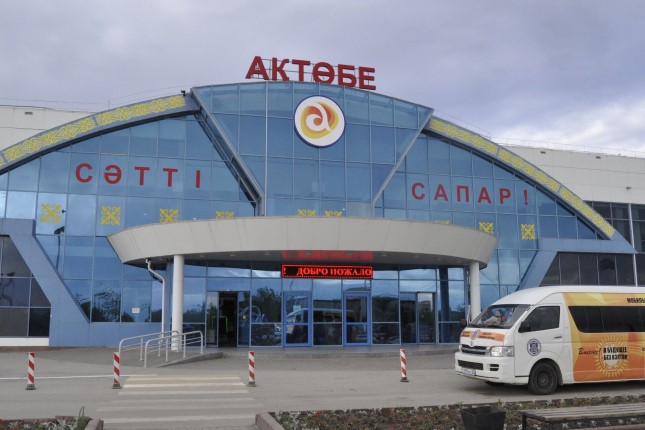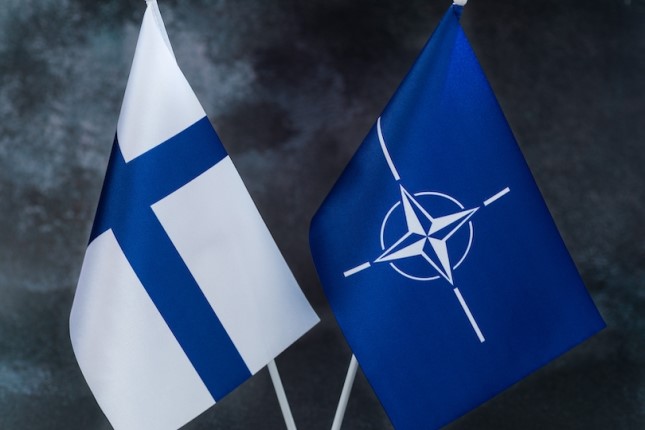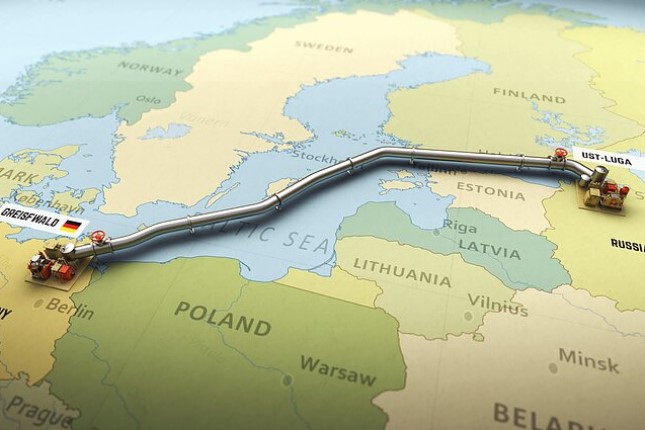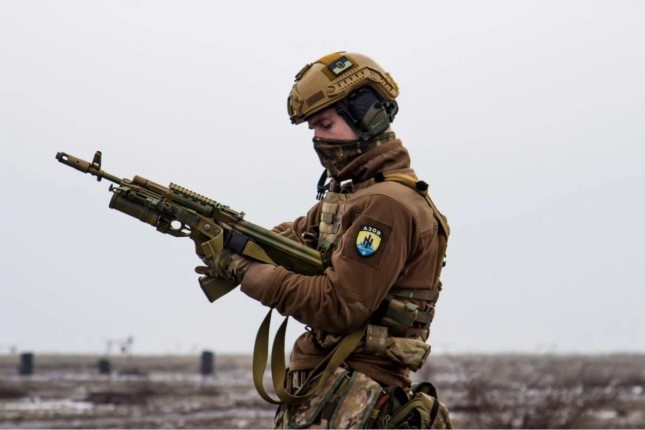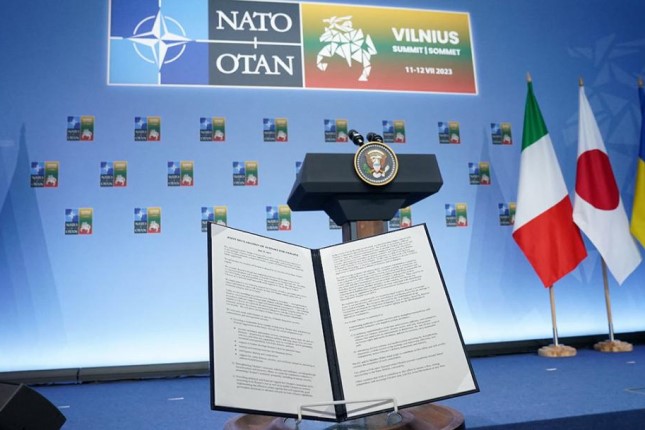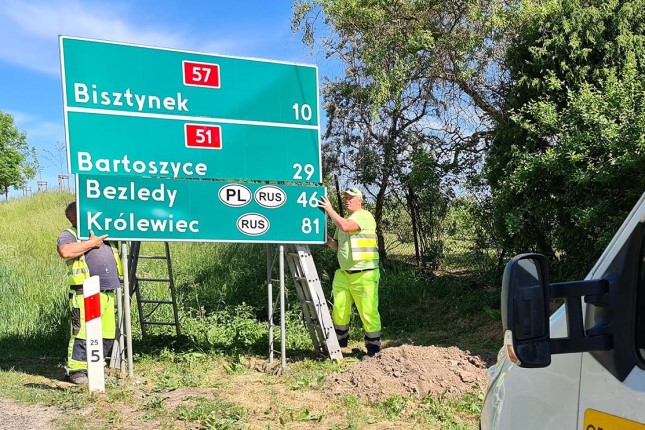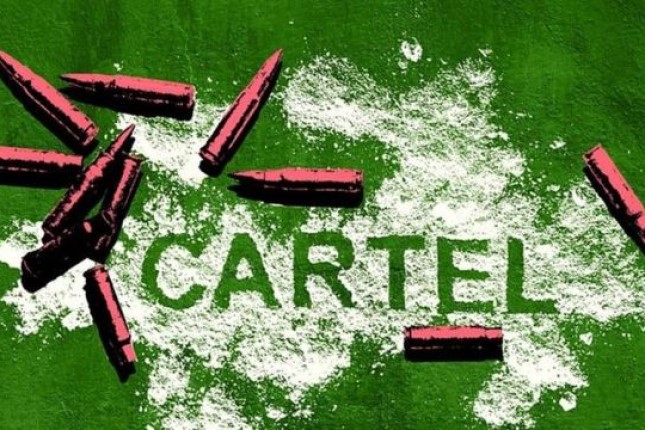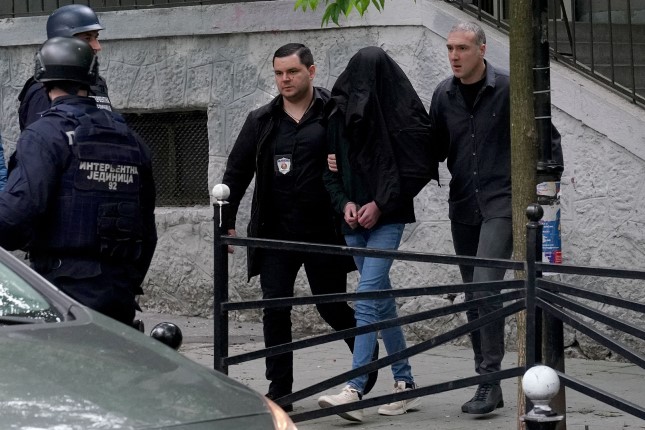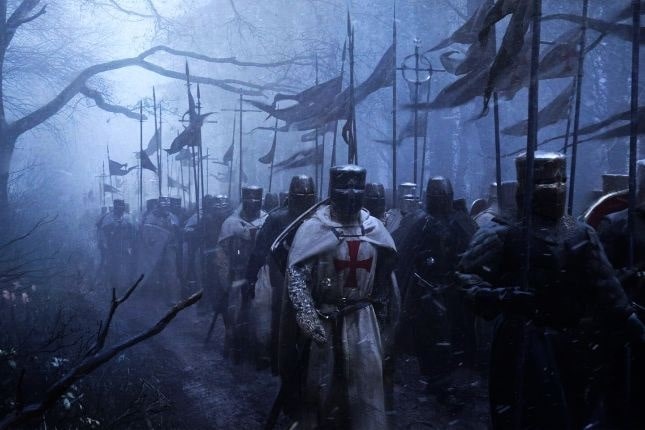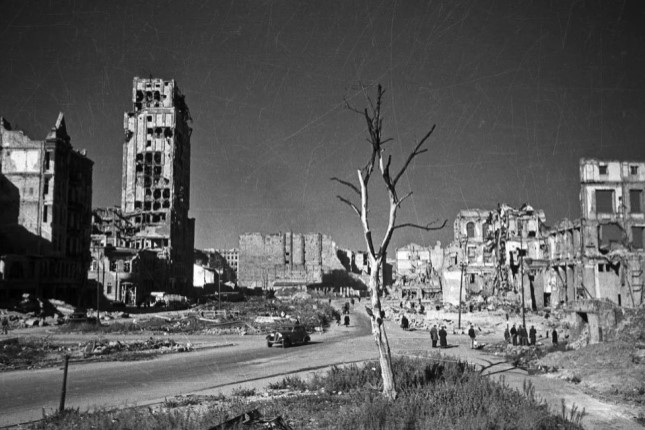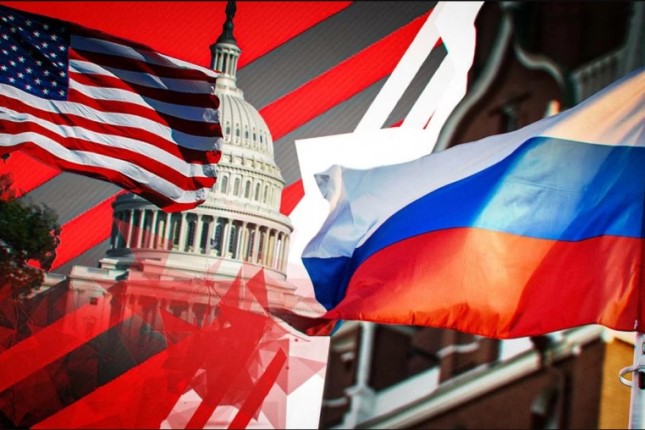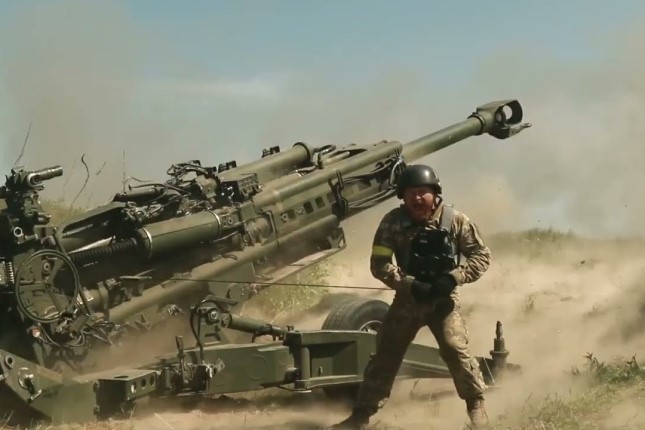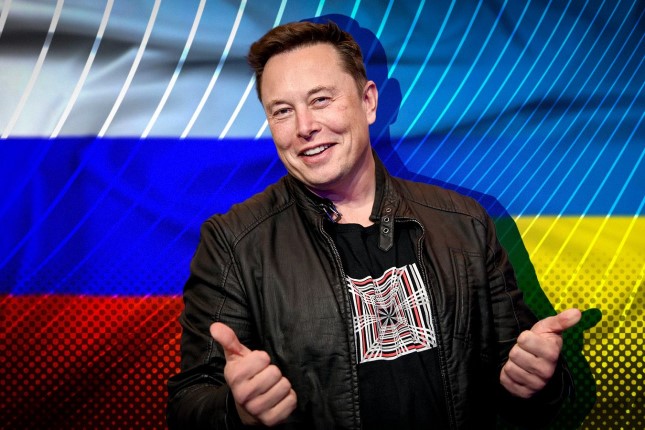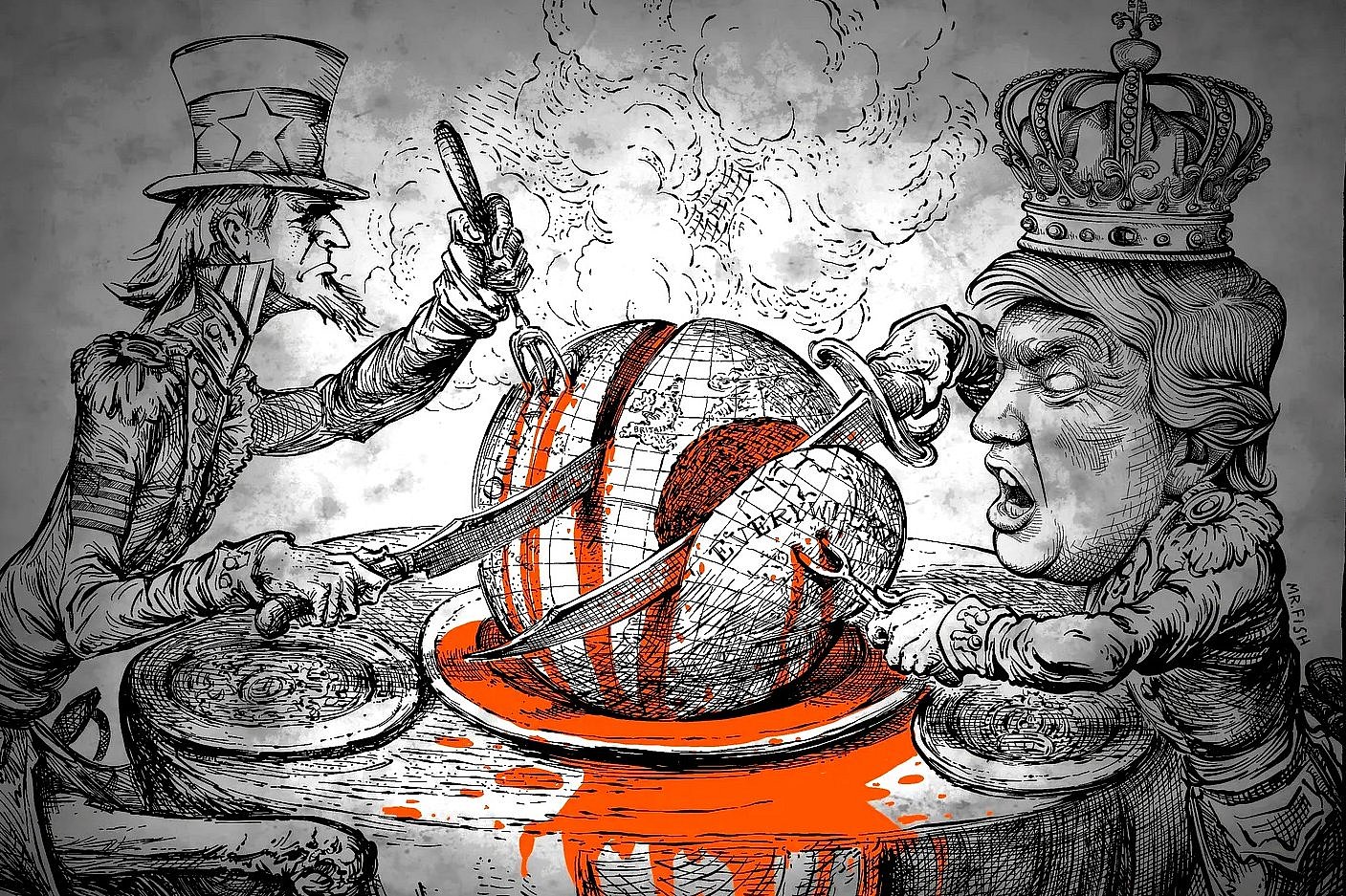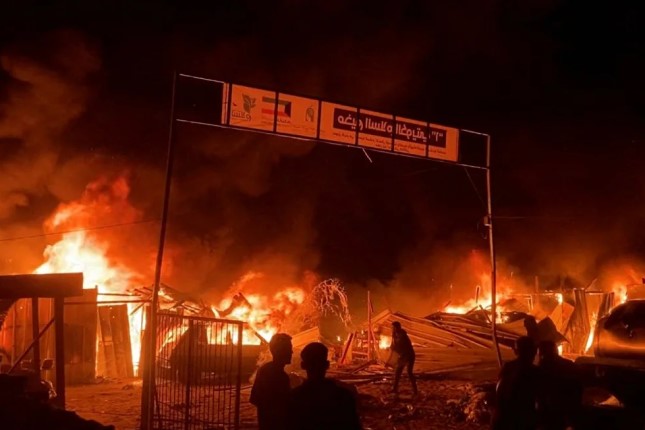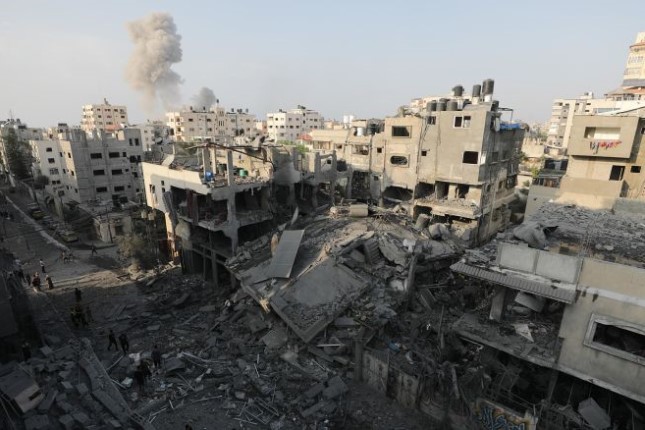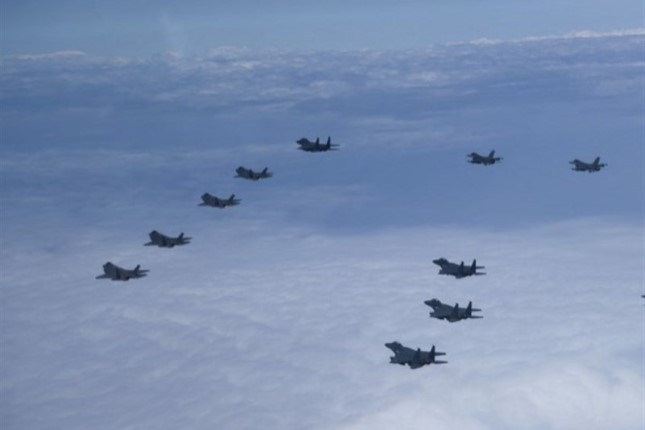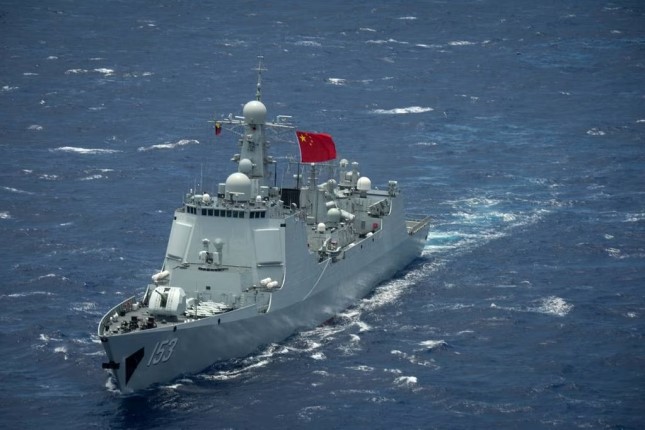The Federal Republic of Germany, together with its allies, is rapidly setting up facilities to repair and maintain German and Western military equipment for a war with Russia.
On June 13, Bloomberg reported that Berlin and Warsaw are about to finalize an agreement to set up a service hub to repair tanks, armoured vehicles, air defence systems, and other military equipment. It was expected to be signed before the Vilnius NATO summit. There are also reports about launching repair centres in Slovakia, Romania, and the Czech Republic. Similar facilities are to be located in Lithuania and Ukraine.
All these facilities are being established to assist Kyiv which is in a military conflict with Moscow. The geography and scale of the facilities rather testify to preparations for a major war with Russia.
Characteristically, the news about the accelerated movement of Germany's military-industrial infrastructure to the East coincided with the publication of the country's new National Security Strategy, which presents Russia as the main challenge for Berlin to be responded to solely by force.
Serious political friction between Germany and Poland is not likely to prevent the creation in Poland of a major repair hub for German and Western equipment delivered to Ukraine. The ground for such cooperation (obscuring Berlin's role for a while) had been prepared in advance, long before the war in Ukraine broke out. Back in October 2015, a Polish-Ukrainian sub-commission on cooperation between the two nations' defence industries was set up to deal with the establishment of repair centres in Poland and joint production of weapons.
Interestingly, Olaf Scholz's announcement that the long-struggling negotiations on siting the German repair hub in Poland were nearly at an end was made as he was standing alongside France's Emmanuel Macron and Poland's Andrzej Duda at their meeting in Paris, as if to emphasize the pan-European significance of the endeavour.
The facility will be expected to repair Leopard tanks, as well as Patriot and Gepard air defence systems supplied by the Germans and their NATO allies. "Of course, it's best if weapons systems only move a short distance outside of Ukraine, get repaired on the scene and then are redeployed," Scholz said after the meeting in the French capital.
The service hub in Poland is likely to become the largest of its kind, but by no means the only one. Simultaneously with Scholz, the spokesman of the German Ministry of Defense Mitko Muller announced the launch in Slovakia of a German-Slovak center for repairing and rebuilding Western armored vehicles transferred to Ukraine. Thus, the decision taken last November had been implemented at an accelerated pace. The hub in Slovakia will mainly focus on repairing self-propelled howitzers and multiple rocket launchers.
Major construction efforts are also underway in Romania. Rheinmetall (once the core enterprise of the Reichswerke Hermann Göring concern in 1937-1945) is building a military maintenance and logistics hub there "to service the armaments of Ukraine's military." The frame of a new heavy weapons maintenance shop has already been erected. The hub, located fairly close to the Ukrainian border, will service self-propelled howitzers, Leopard-2 and British-made Challenger tanks, Marder infantry fighting vehicles, Fuchs armoured personnel carriers, and military trucks.
The German arms maker expects the hub to take on a defining role in "maintaining the operational readiness of Western combat systems in use in Ukraine." Rheinmetall founded a similar centre last summer in Lithuania. Its role, however, is unlikely to include servicing equipment from the battleground in Ukraine. In all likelihood, it is laying the groundwork for future theatres of military operations in Belarus and the Baltics.
Another defence cluster is being established in the Czech Republic. The agreement to that effect was signed in February by Ukraine's Ukroboronprom and VOP CZ, owned and run by the Czech Republic's Ministry of Defense.
The agreement that covers joint production, repair and development of armoured vehicles, as well as the establishment of supply chains for parts and products, will also pave the way for setting up repair hubs for servicing Ukraine's military equipment and R&D centres. In addition, it includes plans for the production of munitions at future and existing facilities.
The military conflict in Ukraine is being used as a pretext for creating so many German military-industrial hubs as the volume of German military equipment both delivered and expected to be delivered in the near future does not require nearly as many repair facilities.
In fact, this is essentially a "coverup operation" designed to use assistance to Ukraine as an excuse for boosting Germany's military capabilities on a pan-European scale. Repair and service hubs can be quickly and easily converted into production facilities to be used, among other things, for covert deliveries of additional equipment, for improving interoperability, as well as for training and development of the local workforce.
Germany's preparations for war are evidenced not only by the build-up of its defence industry's capability and the increasingly harsh rhetoric of its political leaders, but also by its first-ever National Security Strategy unveiled on June 14, that portrays Russia as the main threat.
The word "Russia" appears 19 times in the document, and in each such instance, it is used as a synonym for a threat to the Euro-Atlantic region. The document also explicitly ushers in Germany's entry into the arms race, including, in particular, the development of high-precision deep strike weapons, space warfare and cyber assets. The strategy document is lavishly illustrated with images of Bundeswehr soldiers, Leopard tanks, warships, NATO fighter jets, and NATO flags. Germany is thus presented as the bloc's leader on the European front.
